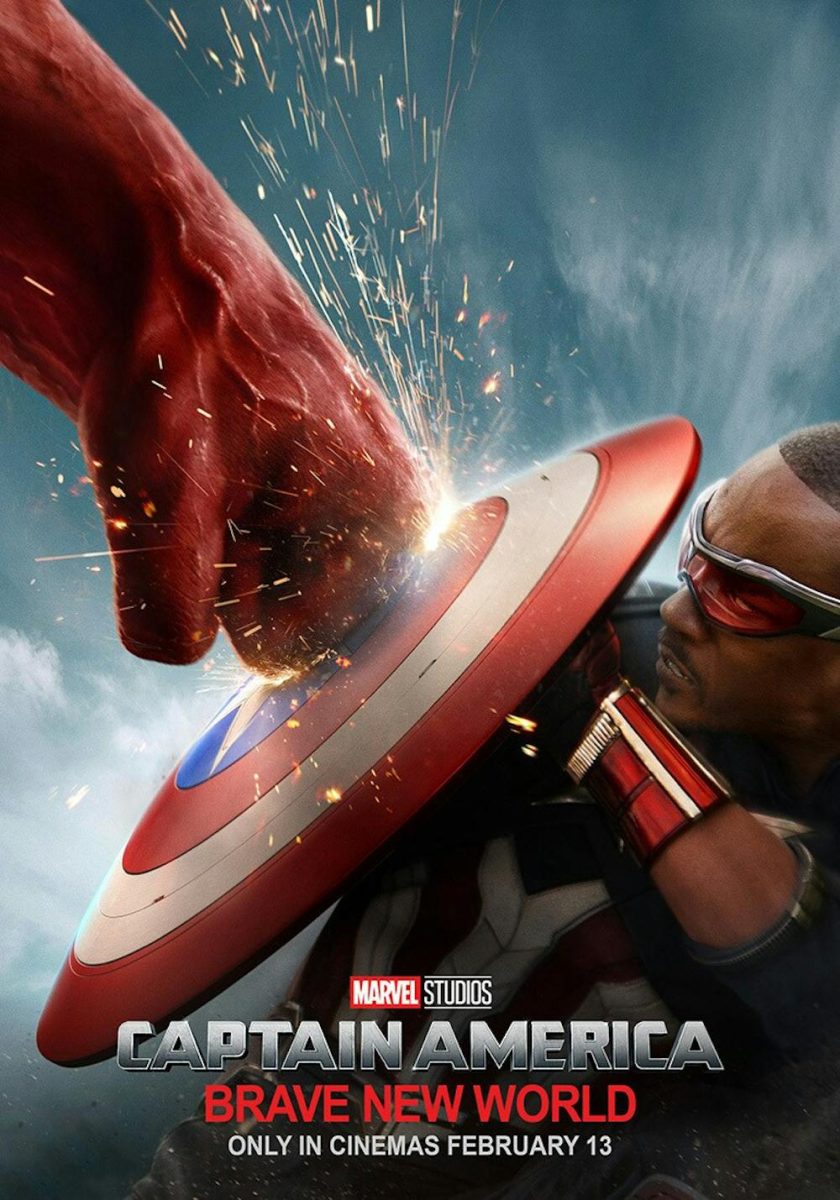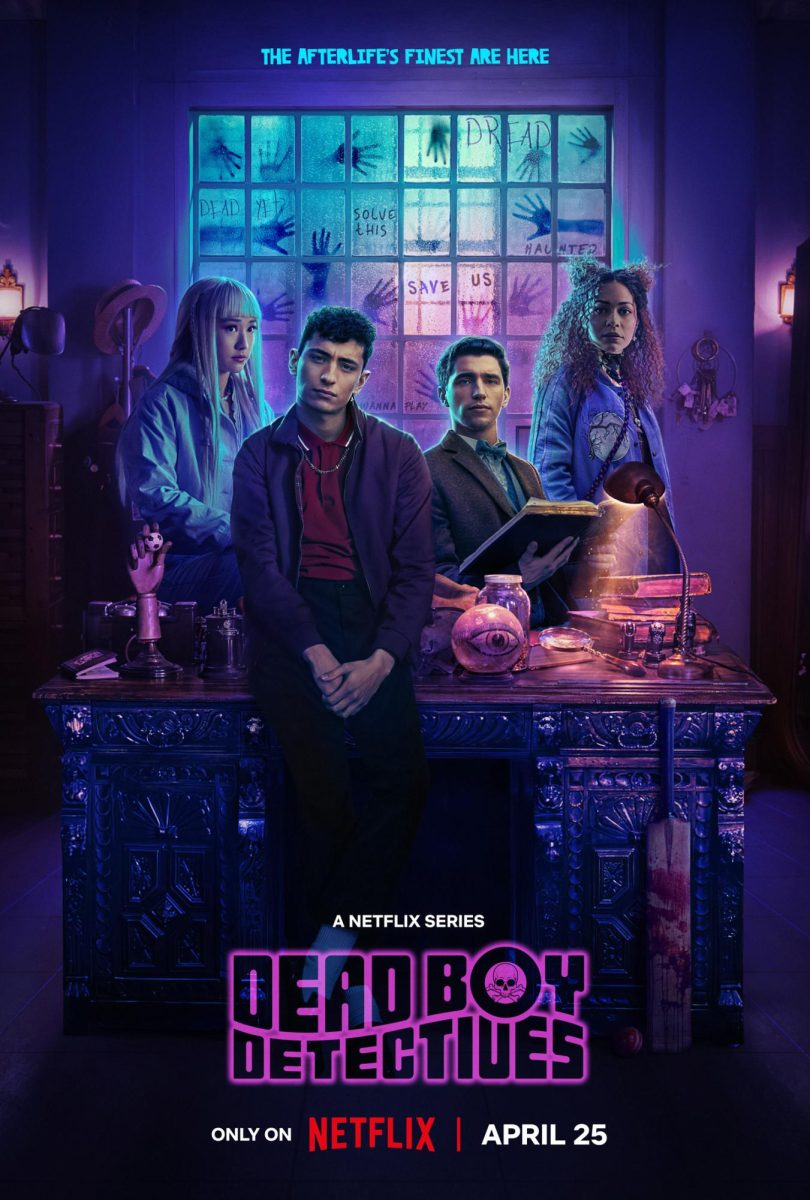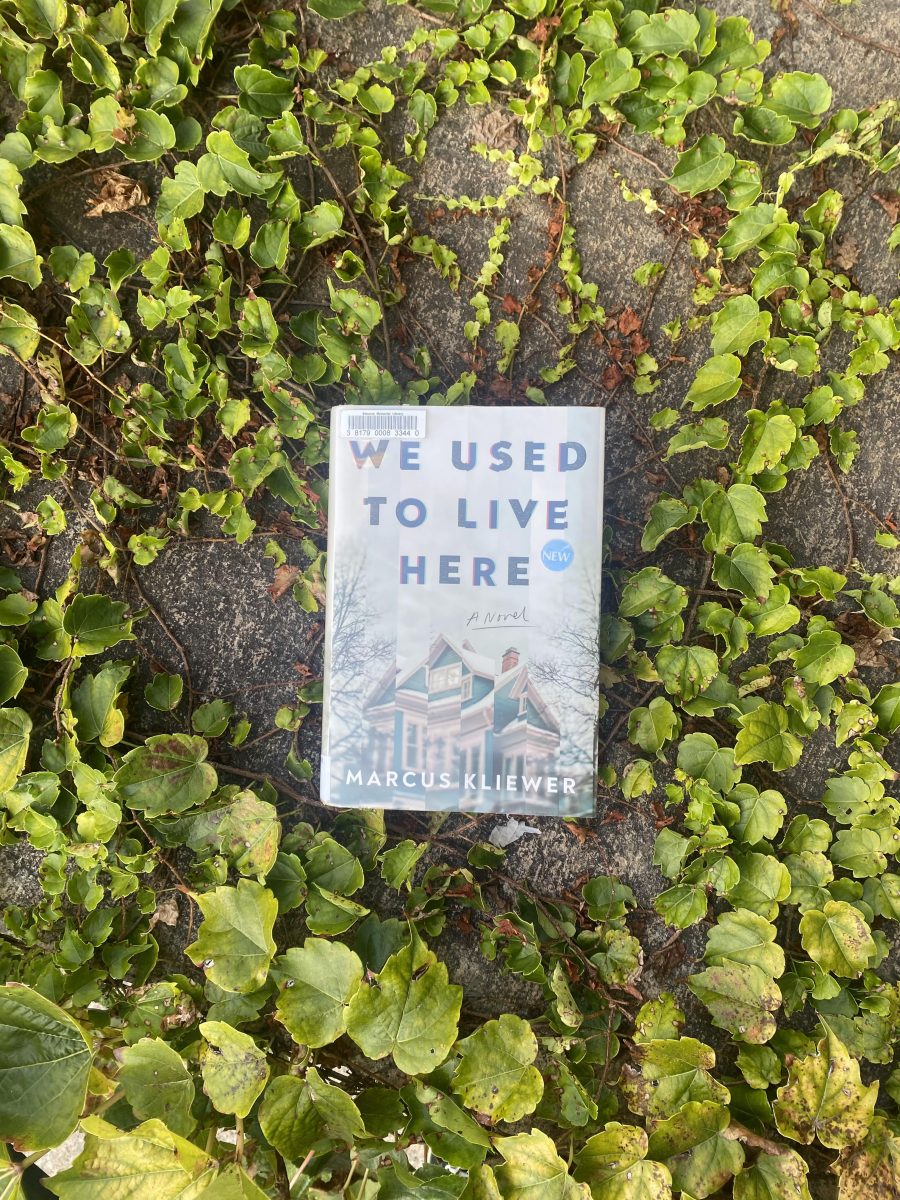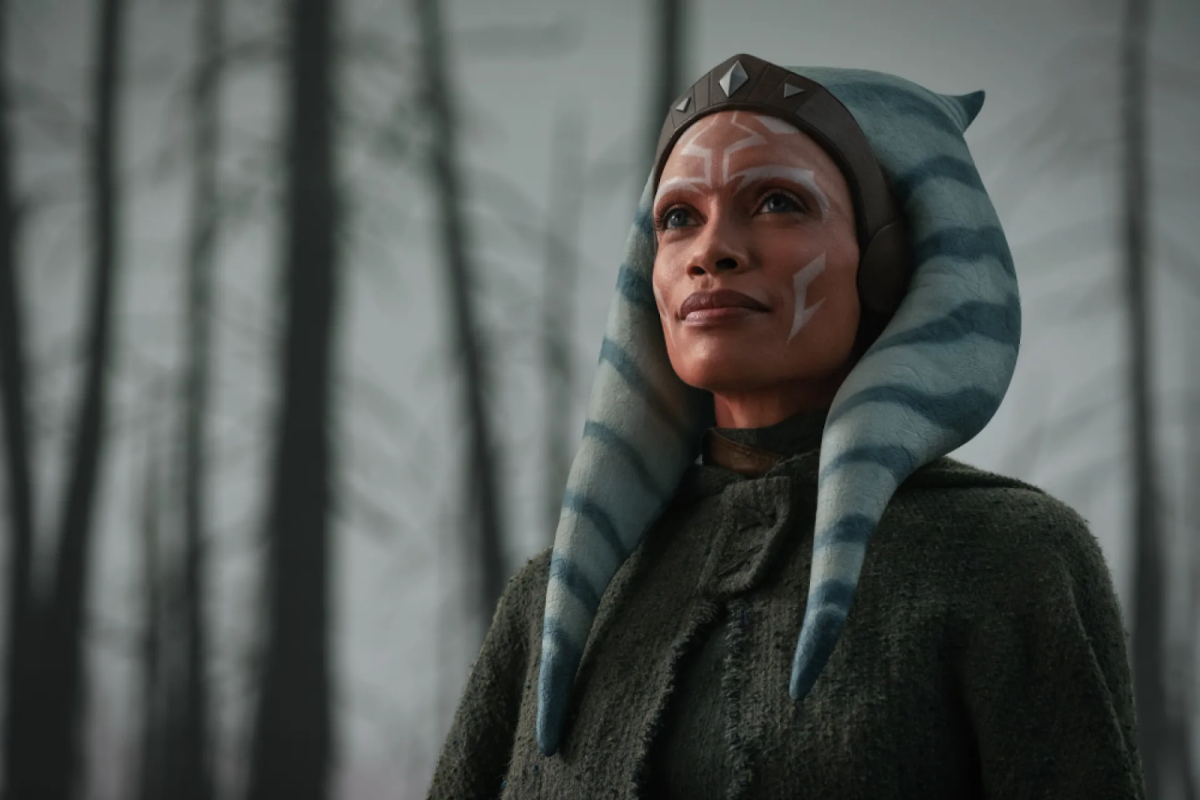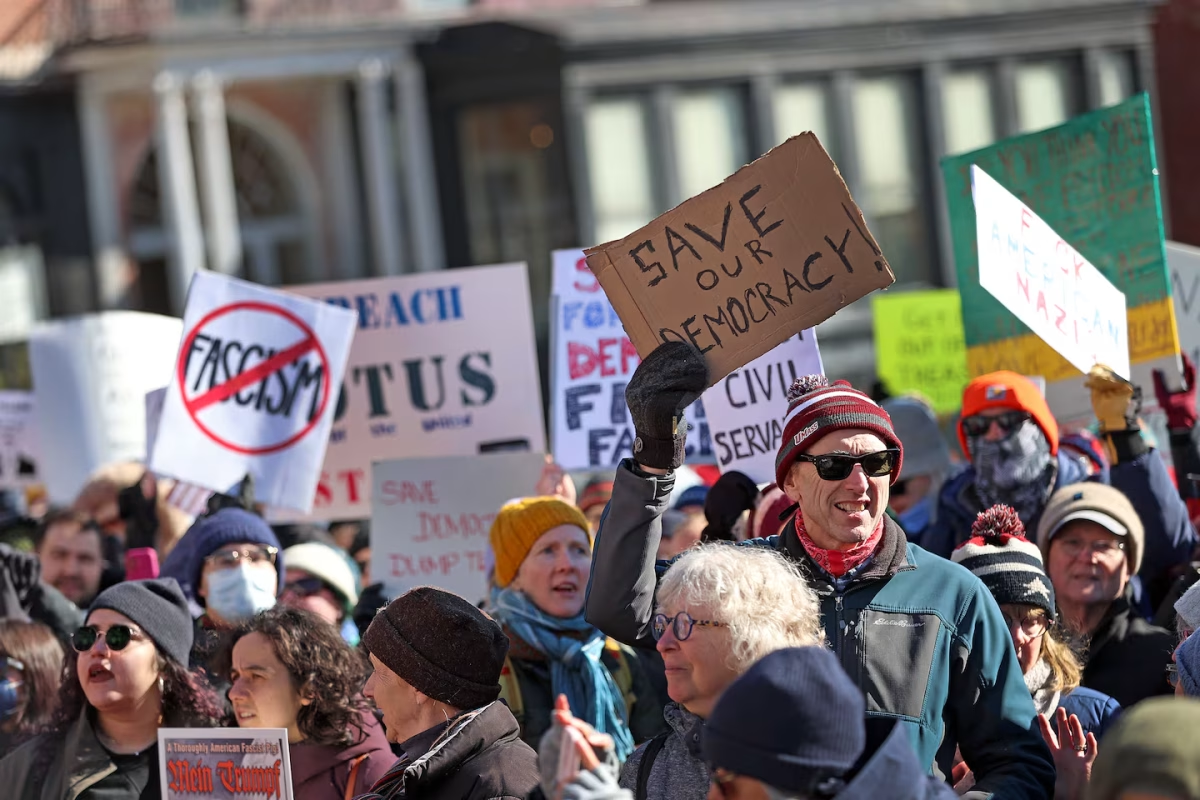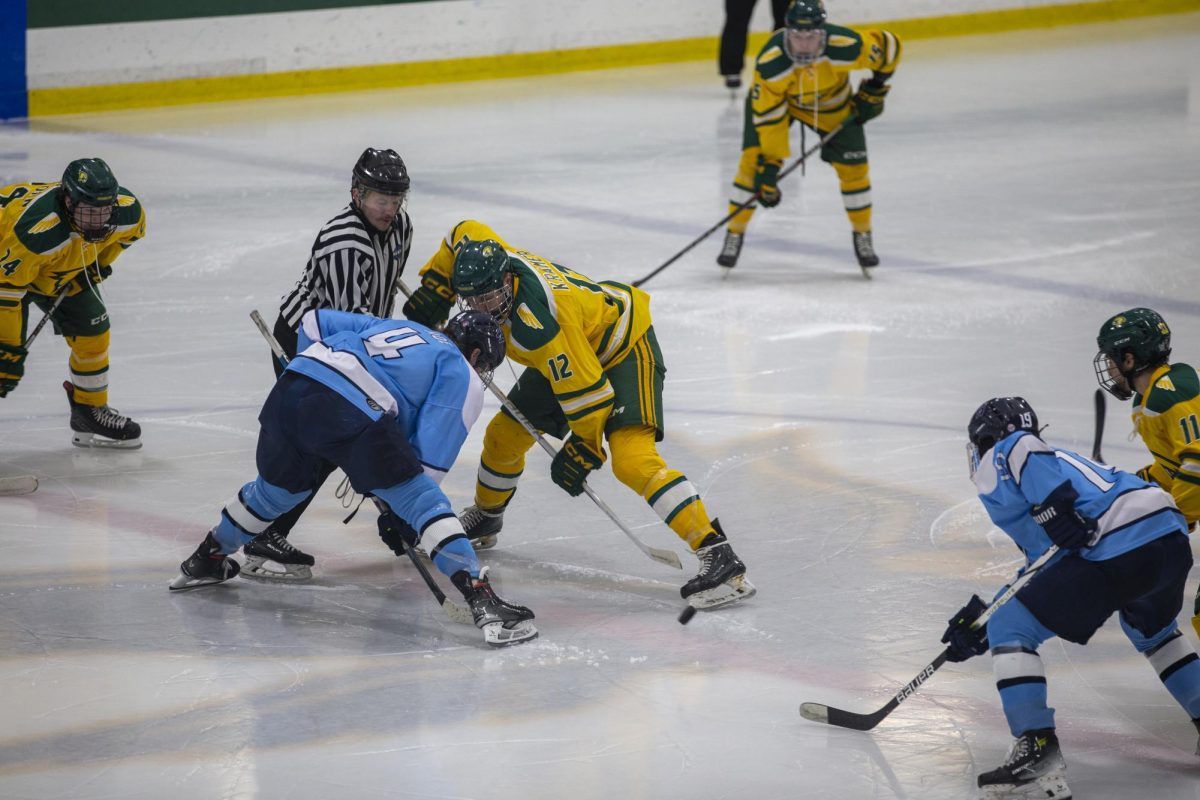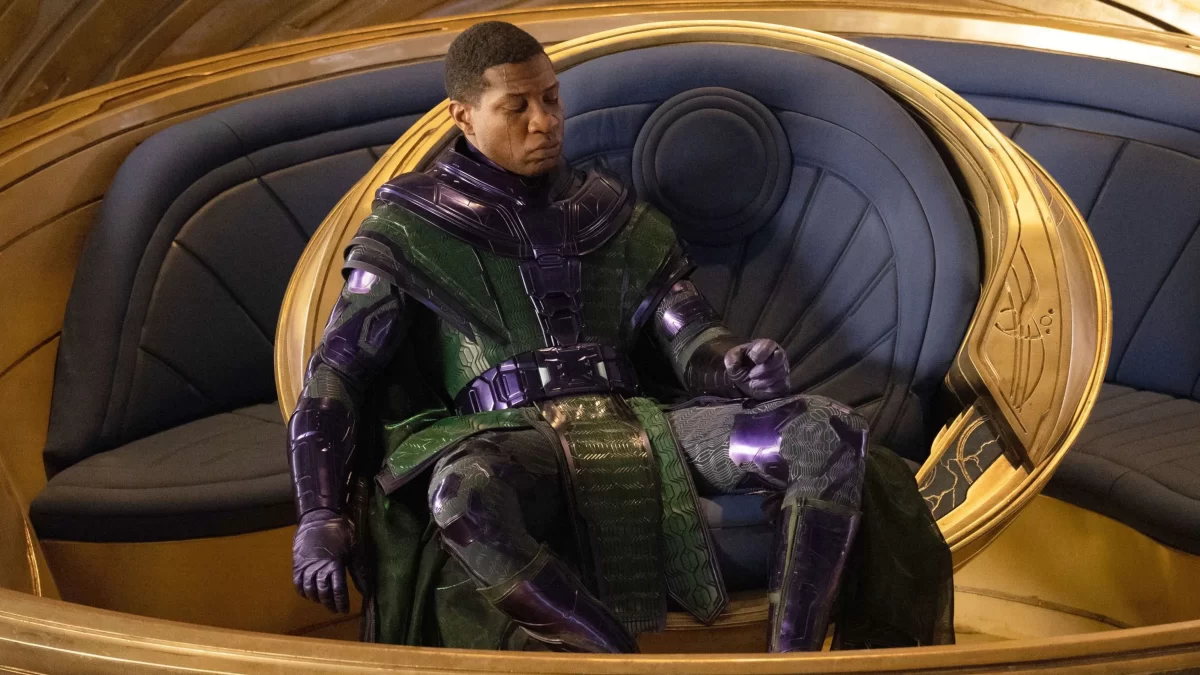
By David Bray
When show creator Dan Harmon tweeted that the sitcom “Community” would be returning to NBC tonight, a small group of hardcore fans rejoiced. The show features an ensemble cast of rising stars including Joel McHale (“The Soup”), Ken Jeong (“The Hangover”), Alison Brie (“Mad Men”), Academy Award-winning screenwriter Jim Rash (“The Descendants”), and Donald Glover (perhaps better known as Childish Gambino to hip-hop fans), along with comedic legend Chevy Chase.
It has never been known for its high ratings, but “Community” has won praise from critics and Internet communities. As a result of low ratings, NBC had put the show on an indefinite hiatus; with the future of the show uncertain, fans worried
that the show might be gone for good and a fourth season would be out of the question.
“Community” is centered around a study group at Greendale Community College. The main character is an ex-lawyer named Jeff Winger (McHale) who got caught with a fake bachelor’s degree. He created the study group with the help of pop-culture enthusiast Abed Nadir (Danny Pudi) in an attempt to seduce the attractive former-activist Britta Perry (Gillian Jacobs), who is also struggling in their Spanish class. From there, the ragtag group of misfits develops strong friendships during the first semester, and the fun is only just beginning from there.
Now in its third season, “Community” uses the community college setting much the way “The Simpsons” uses Springfield and ‘South Park” uses the town the show is named for – as a microcosm of society and the human condition. Anything can happen at Greendale. The supply and demand of highly coveted cafeteria chicken fingers can turn into a 22-minute “Goodfellas” homage where the study group stops being a family and starts being a family. The glory of being the first community college with a space flight simulator mission can set off a modern space race with intercollegiate rival City College. An innocent game of paintball assassin can escalate into an action thriller of “Die Hard” proportions when the prize of priority registration is announced.
The ability of “Community’” to adapt is what has made it such a success with its fans. Each season, new issues come up that they have to deal with. In the second season, Chevy Chase’s character, wealthy retired CEO Pierce Hawthorne, becomes the villain of the show while also dealing with drug addiction. He acts cruelly because the other members of the group do not always include him in their activities, but they do not include him because he is cruel. This arc is a metaphor for Chase’s career: after achieving immense success as the first star of “Saturday Night Live,” Chase developed a reputation in Hollywood of being difficult to work with.
Another key to the success of “Community” is not relying on one specific relationship within the group to get people excited. Life is not really about “will they or won’t they” situations, and “Community” pokes fun at that.
Most sitcoms are parodies of real-life situations – such as dysfunctional families, or friends who live in New York – but “Community” is a parody of the sitcom genre itself. One of the characters, Abed, watches so much TV that he relates patterns he’s seen on TV to what is going on in the group. The show has winked at sitcom standard practices like clip shows, and one of these was actually one of their most ambitious episodes.
When a show has been on for a few seasons, the writers often make an episode that is comprised almost entirely of clips from previous episodes. What “Community” did was take that idea and, instead, made a show featuring flashbacks from adventures the gang went on when they weren’t on TV. It reminds the viewer that there’s more going on than is seen in the 22 minutes a week on the air. There are always other things going on; we just weren’t there for them, since it isn’t our life.
Despite low ratings and lack of award pedigree, “Community” has been able to land a variety of well known guest performers including movie stars Jack Black and Owen Wilson, television icons Betty White, Lee Majors, LeVar Burton, and John Goodman, as well as “The Daily Show” correspondent John Oliver, and Josh Holloway, in his first scripted TV appearance since the finale of “Lost.”
Series creator Dan Harmon also reached out to the fans of other shows with cult followings by including guest appearances by Tony Hale from “Arrested Development,” Michael K. Williams from “The Wire,” Martin Starr from “Freaks and Geeks” and “Party Down,” and George Takei from “Star Trek.” Intelligent and clever shows such as these tend to get underappreciated in their original runs. “Star Trek” was canceled by NBC after just three seasons.
Now, 43 years later, “Community” is at risk of suffering the same fate from the same network. None of those shows enjoyed the nine or 10 seasons that more formulaic shows like “Two and a Half Men” and “Big Bang Theory” are likely to get, but the key is to enjoy them while they are still making new episodes. Many people watched “Arrested Development” on Hulu or Netflix years after it had been canceled, but with “Community,” there is a show that could last more seasons if people get into the show now. We can only hope NBC will see what a treasure they have, and allow an intelligent show to survive on network television.


